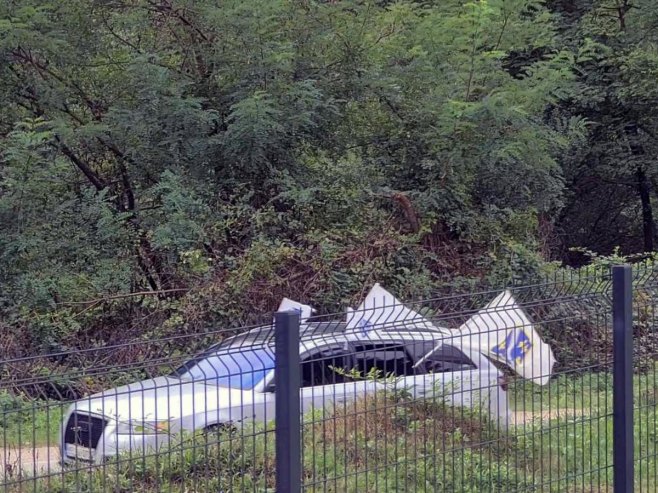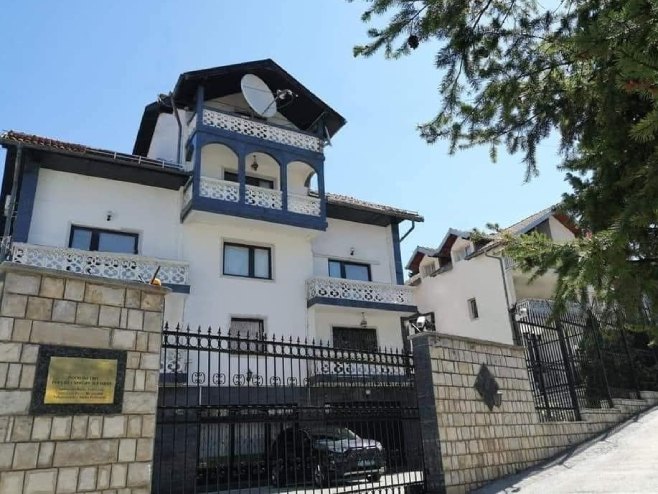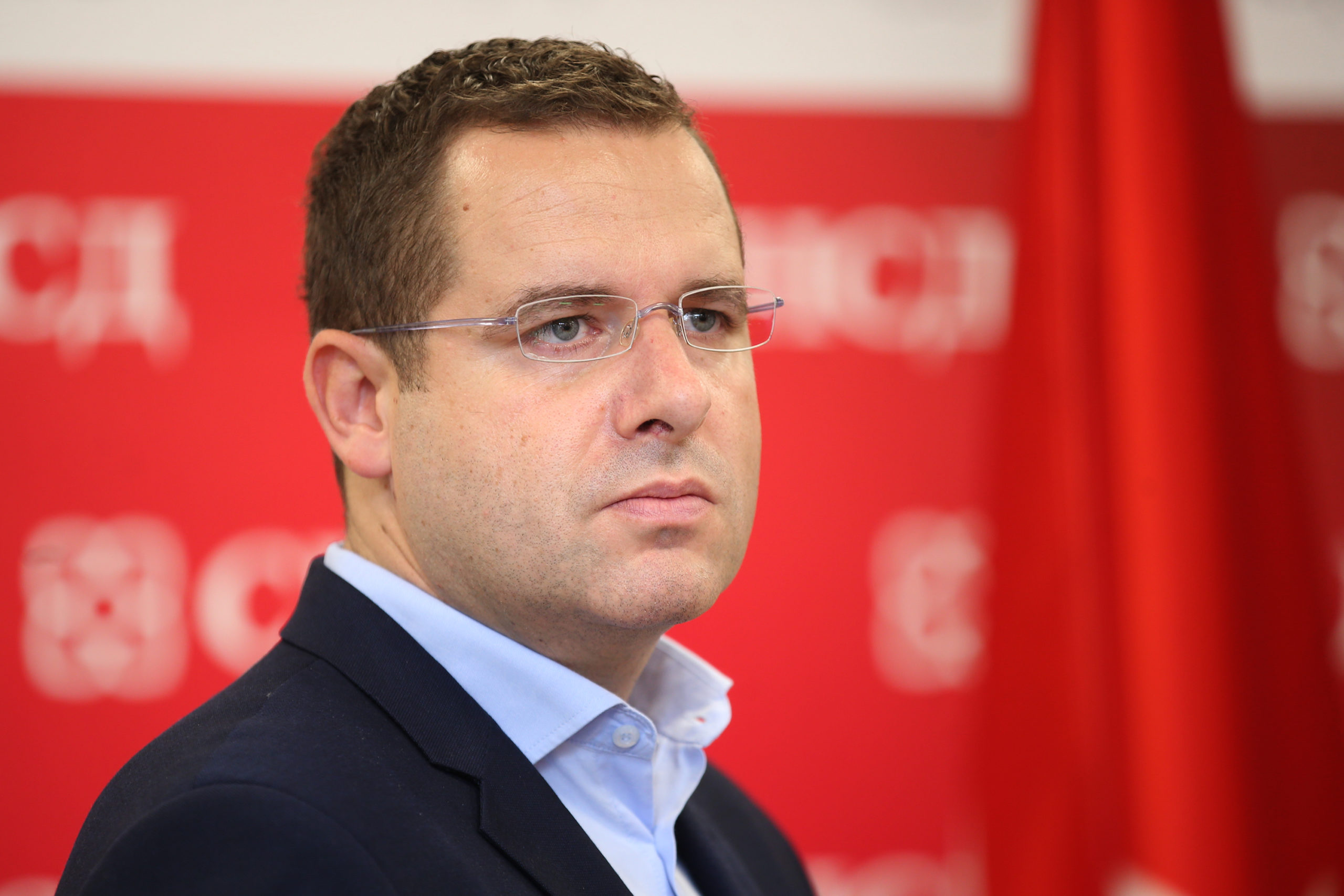Religious hatred toward Serbs in Bosnia and Herzegovina continues to grow, while the increasingly frequent attacks on Serbs, Orthodox clergy, and Serbian Orthodox Church property prove that Islamic extremism remains deeply rooted among parts of the Bosniak population, said Milan Vukelić, a political scientist from Belgrade specializing in religious extremism.
He explained that the latest religiously motivated attacks in BiH are a direct consequence of the past conflicts in the former Yugoslavia.
“All available data show that Islamic extremism in BiH has remained deeply embedded among the population even decades after the 1990s war,” said Vukelić. “The current and more frequent attacks on Serbs, clergy, and churches demonstrate that the situation has not changed.”
Vukelić warned that the activity of Islamic extremists in BiH poses a danger not only to Orthodox Serbs but to Christianity across Europe, which is facing serious challenges on a regional and global scale.
He recalled that, according to fundamentalist ideology, the world is divided into the land of Islam (Dar al-Islam) and the land of war (Dar al-Harb)—which must remain in conflict until Sharia law rules globally.
“The goals of Islamic extremists are global,” Vukelić said. “Their ambition extends beyond Bosnia—to the Balkans, Europe, and eventually the entire world.”
He called on the international community to condemn recent anti-Christian incidents and urged BiH’s judicial institutions to punish those responsible for endangering others’ safety and freedom of religion.
BiH as a Haven for Radical Networks
According to Vukelić, Bosnia and Herzegovina has one of the highest per-capita rates of citizens who joined Islamist fighters in Syria and Iraq.
He reminded that the 1990s conflicts in BiH had a strong religious component, with thousands of foreign mujahideen joining the Bosnian Muslim forces under the unit El Mujahideen.
“It is estimated that around 4,000 fighters from Saudi Arabia, Turkey, Pakistan, Algeria, Syria, Afghanistan, and even Western Europe took part in the war,” Vukelić noted.
Many of them, he said, remained in BiH after the war—with the support of local political structures connected to Islamist circles, notably the Party of Democratic Action (SDA).
He added that some of these individuals were linked to Al-Qaeda, citing the U.S. Congressional report on the 9/11 attacks, which mentions three individuals who fought in BiH between 1992 and 1995.
Following the war, numerous foreign-funded NGOs, mainly from Saudi Arabia, established a wahhabi network under the guise of humanitarian or educational activities. Several organizations, such as the Al-Haramain Foundation, were later accused of financing terrorism.
Fighters Returning from the Middle East
After the rise of ISIS, more than 1,000 fighters from the Balkans joined jihadist groups, including Al-Nusra Front.
“From BiH alone, between 250 and 300 people went to fight in Syria and Iraq between 2012 and 2016, and around 50 to 70 have since returned,” Vukelić said.
Some of them were prosecuted for participation in foreign conflicts or for recruiting others to join.
Vukelić concluded by emphasizing that identifying Islamic extremism as a threat does not mean condemning moderate Muslims, including Bosniaks.
“Islam itself does not encourage terrorism; in fact, Muslims are numerically the greatest victims of terrorist acts committed by extremist organizations,” he said.
Source: RTRS








